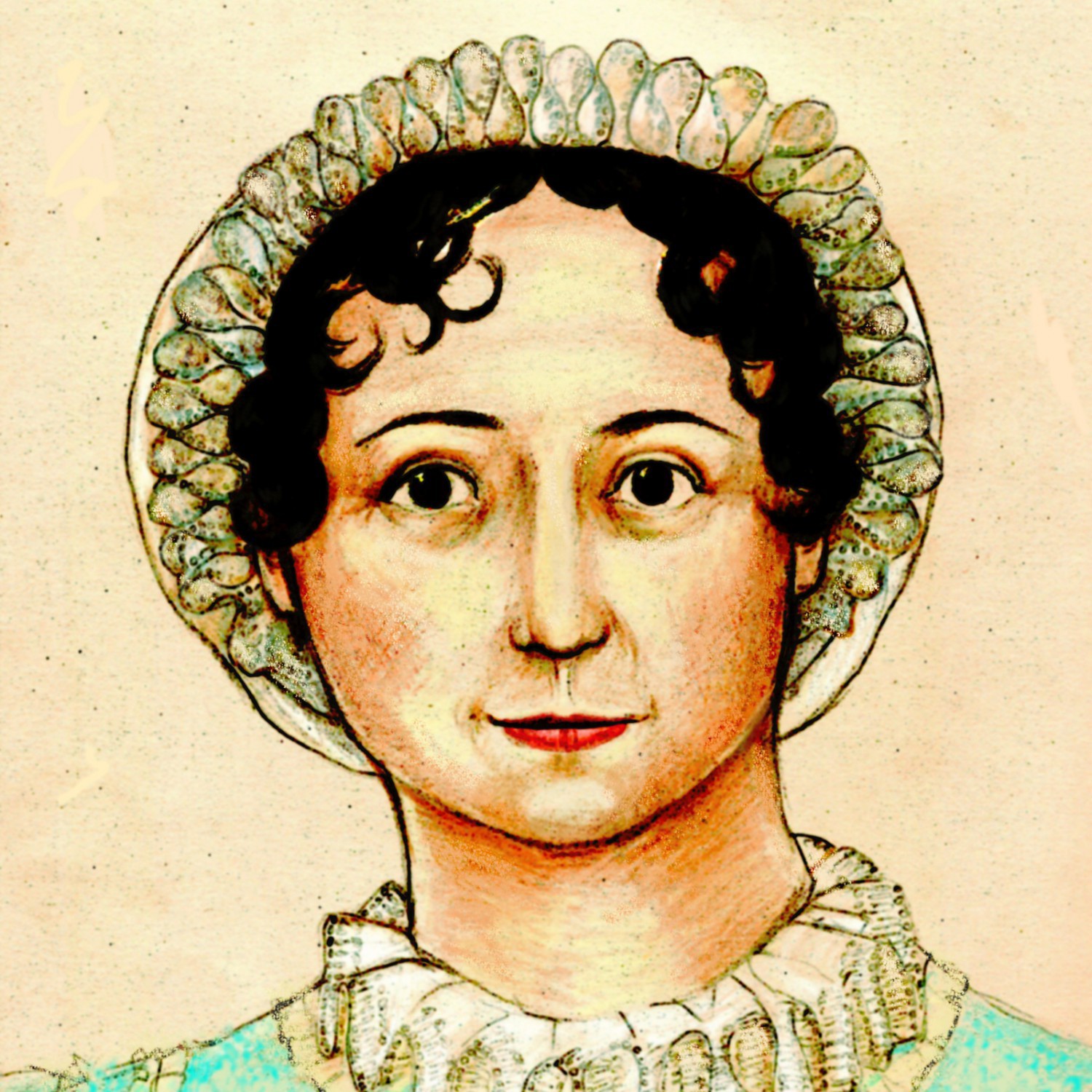Elizabeth coloured and laughed as she replied, “Yes, you know enough of my frankness to believe me capable of that. After abusing you so abominably to your face, I could have no scruple in abusing you to all your relations.”
“What did you say of me, that I did not deserve? For, though your accusations were ill-founded, formed on mistaken premises, my behaviour to you at the time had merited the severest reproof. It was unpardonable. I cannot think of it without abhorrence.”
“We will not quarrel for the greater share of blame annexed to that evening,” said Elizabeth. “The conduct of neither, if strictly examined, will be irreproachable; but since then, we have both, I hope, improved in civility.”
“I cannot be so easily reconciled to myself. The recollection of what I then said, of my conduct, my manners, my expressions during the whole of it, is now, and has been many months, inexpressibly painful to me. Your reproof, so well applied, I shall never forget: “had you behaved in a more gentleman-like manner.” Those were your words. You know not, you can scarcely conceive, how they have tortured me; — though it was some time, I confess, before I was reasonable enough to allow their justice.”
“I was certainly very far from expecting them to make so strong an impression. I had not the smallest idea of their being ever felt in such a way.”
“I can easily believe it. You thought me then devoid of every proper feeling, I am sure you did. The turn of your countenance I shall never forget, as you said that I could not have addressed you in any possible way that would induce you to accept me.”
“Oh! do not repeat what I then said. These recollections will not do at all. I assure you that I have long been most heartily ashamed of it.”
Darcy mentioned his letter. “Did it,” said he, “did it soon make you think better of me? Did you, on reading it, give any credit to its contents?”
She explained what its effect on her had been, and how gradually all her former prejudices had been removed.
“I knew,” said he, “that what I wrote must give you pain, but it was necessary. I hope you have destroyed the letter. There was one part especially, the opening of it, which I should dread your having the power of reading again. I can remember some expressions which might justly make you hate me.”
“The letter shall certainly be burnt, if you believe it essential to the preservation of my regard; but, though we have both reason to think my opinions not entirely unalterable, they are not, I hope, quite so easily changed as that implies.”
“When I wrote that letter,” replied Darcy, “I believed myself perfectly calm and cool, but I am since convinced that it was written in a dreadful bitterness of spirit.”
“The letter, perhaps, began in bitterness, but it did not end so. The adieu is charity itself. But think no more of the letter. The feelings of the person who wrote, and the person who received it, are now so widely different from what they were then, that every unpleasant circumstance attending it ought to be forgotten. You must learn some of my philosophy. Think only of the past as its remembrance gives you pleasure.”
“I cannot give you credit for any philosophy of the kind. Your retrospections must be so totally void of reproach, that the contentment arising from them is not of philosophy, but, what is much better, of innocence. But with me, it is not so. Painful recollections will intrude which cannot, which ought not, to be repelled. I have been a selfish being all my life, in practice, though not in principle. As a child I was taught what was right, but I was not taught to correct my temper. I was given good principles, but left to follow them in pride and conceit. Unfortunately an only son (for many years an only child), I was spoilt by my parents, who, though good themselves (my father, particularly, all that was benevolent and amiable), allowed, encouraged, almost taught me to be selfish and overbearing; to care for none beyond my own family circle; to think meanly of all the rest of the world; to wish at least to think meanly of their sense and worth compared with my own. Such I was, from eight to eight and twenty; and such I might still have been but for you, dearest, loveliest Elizabeth! What do I not owe you! You taught me a lesson, hard indeed at first, but most advantageous. By you, I was properly humbled. I came to you without a doubt of my reception. You shewed me how insufficient were all my pretensions to please a woman worthy of being pleased.”
If he had any social awkwardness, it was because he did not take the trouble to try to do better, until his dearest, loveliest Elizabeth showed him how to be a better man. Here endeth the lesson.



 A reminder that Mr. Darcy knew perfectly well he was rude and superior to other people, and was able to change his behavior merely by determining to do so–because he finally had a good reason to do so.
A reminder that Mr. Darcy knew perfectly well he was rude and superior to other people, and was able to change his behavior merely by determining to do so–because he finally had a good reason to do so.